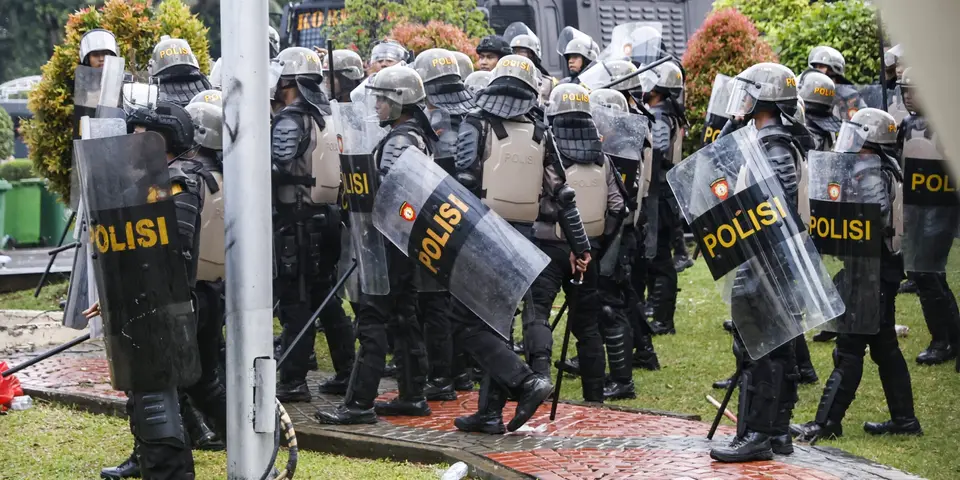
APHR Denounces Indonesia’s Police Clearance Rule for Foreign Journalists as a Grave Threat to Press Freedom
April 04, 2025

JAKARTA, April 4, 2025 — The ASEAN Parliamentarians for Human Rights (APHR) strongly opposes Indonesia’s National Police Regulation No. 3 of 2025, issued on March 10, 2025, which requires foreign journalists to obtain police clearance before reporting in the country. This draconian measure is a direct attack on press freedom, reinforcing surveillance, censorship, and intimidation while restricting independent reporting.
By granting police the power to decide who can report and under what conditions, the Indonesian government is undermining media independence and silencing critical voices. This regulation opens the door for arbitrary denials, harassment, and even deportation of journalists, creating an atmosphere of fear that weakens journalistic integrity.
The chilling effect will push reporters toward self-censorship, ultimately eroding investigative journalism and limiting scrutiny of political and human rights issues in Indonesia. If such restrictions are normalized, local journalists could be next, accelerating the decline of media freedom in the country.
This alarming assault on press freedom comes amid a worsening climate for journalists in Indonesia. The recent intimidation of Tempo journalist Francisca Christy Rosana, who received a pig’s head and decapitated rats at the Tempo office, underscores the increasing hostility toward the press. When legal barriers and direct threats combine, the message is clear: journalists who expose uncomfortable truths will face consequences.
APHR Co-Chairperson and former Member of the Parliament of Malaysia Charles Santiago slammed the regulation, stating, “this is nothing short of an authoritarian tool to silence critical voices. By requiring police clearance, Indonesia is sending a clear message that it wants to control who reports on its affairs and how. This not only suppresses the foreign press but signals a broader crackdown on independent journalism as a whole.”
Rangsiman Rome, APHR Board Member and Member of the House of Representatives of Thailand, expressed deep alarm, warning that “this regulation doesn’t just threaten journalists—it threatens the public’s right to know. When foreign reporters are restricted, the stories they cover, from corruption to human rights abuses, are buried. The international community must not stay silent.”
APHR Board Member and Member of the House of Representatives of the Philippines Arlene Brosas criticized the regulation’s broader implications, “press freedom is the backbone of democracy. A government that fears independent reporting is a government that fears accountability. Indonesia must immediately revoke this restriction before it further damages its democratic credibility.”
APHR urges the Indonesian government to immediately repeal this repressive regulation and commit to upholding press freedom. The targeting of journalists—whether through legal barriers or intimidation—must end.
The international community, ASEAN member states, and human rights defenders must stand in solidarity with Indonesian journalists. Allowing this restriction to stand sets a dangerous precedent for the region, where authoritarian governments are already tightening their grip on the press.
“Press freedom is non-negotiable. APHR will continue to fight for the rights of journalists and the fundamental principles of democracy,” said Mercy Chriesty Barends, APHR Chairperson and Member of the House of Representatives of Indonesia.
If Indonesia continues down this path, it risks further eroding its democratic standing and isolating itself on the world stage. The time to act is now. #
ASEAN Parliamentarians for Human Rights (APHR) was founded in June 2013 with the objective of promoting democracy and human rights across Southeast Asia. Our founding members include many of the region's most progressive Members of Parliament (MPs), with a proven track record of human rights advocacy work.